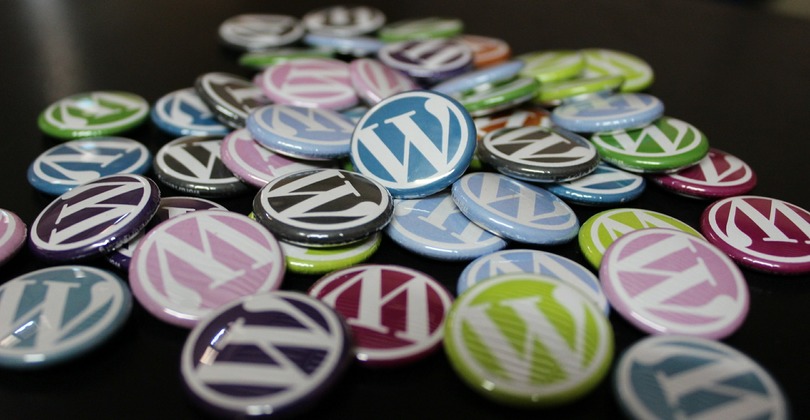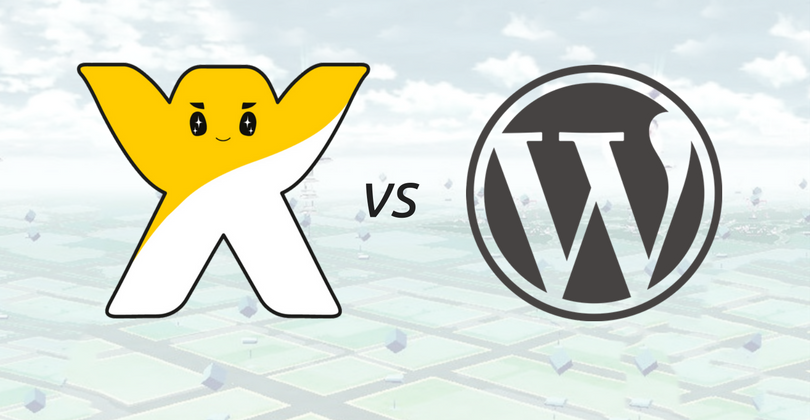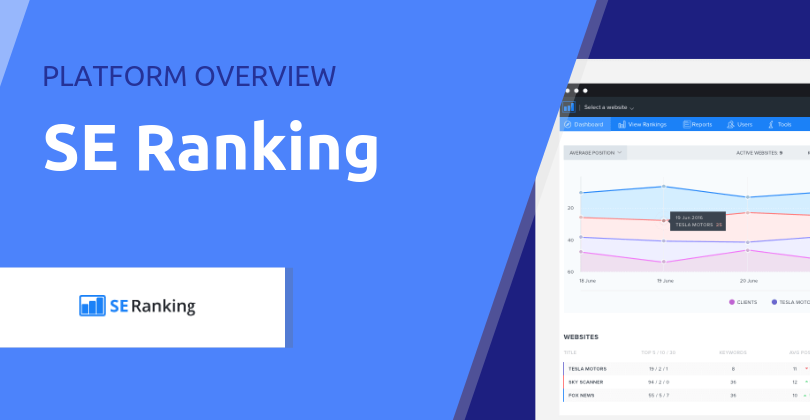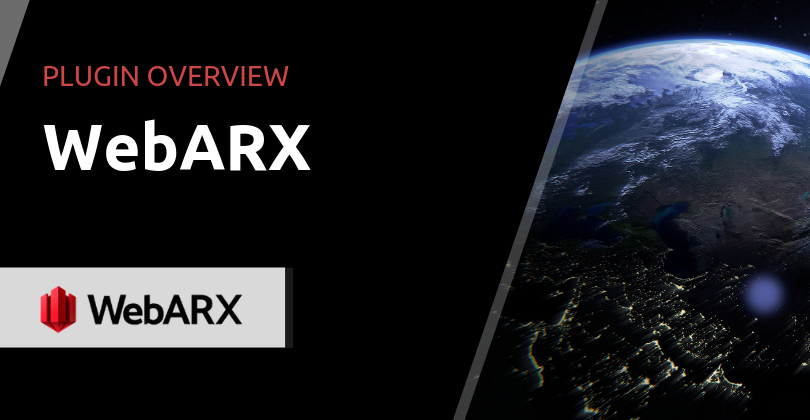WordPress is under attack from all sides – no doubt you’ve seen ads for the stylish Squarespace, the quirky Weebly, and the increasingly sophisticated upstart, Wix.
But in spite of the existence of these more user-friendly alternatives, is WordPress still a better option for your website?
Wix: More user-friendly
Wix is a drag-and-drop website builder with a growing set of add-on functions positioning itself squarely as a WordPress alternative. They have a selection of over 500 ready-made templates and a range of tools and add-ons. You can launch a fully formatted site, add videos and images, re-populate entire sections, and even add effects to your content – all without learning a single line of code.
Now, because it’s easier to use and has a lower learning curve, most non-technical users will have no trouble diving right in.
In this sense, a faster set-up, easier-to-use website builder like Wix seems like a better option. After all, the goal is to launch a website, publish the content, and generate leads ASAP. Right?
Businesses such as Vibrante, KSS Kitesurfing, and among others like supermodel-slash-entrepreneur Karlie Kloss seem to agree with this when they launched their websites on Wix. Although, Kloss may have been more inspired by a generous sponsorship than the slick UI.
Are there any weak points?
First of all, Wix is a software-as-a-service (SaaS) product. You may have subscribed to it but you’ll never own the code. This means that you have no control over what may happen if they choose to close up the shop, increase prices, or change the terms.
Templating options are quite limited. Once you’ve selected a template, you can modify the content inside the pre-set layout based on your liking. However, since everything in the template is hard-coded, you can’t make custom changes or add code to the source. If you decide somewhere down the line to switch to a new one, you will have to start from scratch.
WordPress: More of a framework than a website builder
Let’s look at WordPress, a decidedly more sophisticated platform.
Just download this into your own system, choose your own hosting provider, install it, and then do whatever you want with it. Also, you can install personal themes and plugins to get going quickly, without having to worry about coding.
On the other hand, you might need to invest some time to learn the admin interface, including how to access the contents and tools to launch or modify your website. Unless you have solid coding skills, you’ll have to hire a developer for bespoke designs and functions.
Despite the steeper learning curve, WordPress powers 28% of all websites, including those of well-known companies such as Walt Disney, Sony, and The New Yorker.
What else does WordPress have to offer? What makes it a better alternative to Wix?
First, WordPress, by far, is one of the largest communities with a massive flock of plugins, themes, tutorials, and support groups covering every imaginable need.
Second, and important to note, WordPress is best for business owners who prefer to have absolute control over the tech stack: infrastructure, data, and security.
Third, you can rest assured that WordPress will be around for a long, long time.
Wix vs WordPress from a hosting perspective
Website loading speed is crucial for a superb customer experience. It affects conversion rates. According to studies, just a one-second delay in page load time can lead to “11% fewer page views, a 16% decrease in customer satisfaction, and 7% loss in conversions.”
For this reason, hosting plays a significant part.
With Wix, you will, by default, have to stick with whichever provider the Wix management chooses. Your data is not hosted in Australia, which can be an issue for some businesses.
Meanwhile, with WordPress, you get to choose your own hosting provider (and there’s a bunch of them).
As your website traffic grows, you have the option to grow your hosting capabilities as well. You can start on a more cost-effective, shared hosting plan, and then move to a dedicated virtual server to speed up your website loading time.
You can find a prominent hosting provider in Australia or anywhere in the world that can cater your website.
So, which platform is best for you: Wix or WordPress?
Both are very good. It really depends on what your website requirements are.
Wix is useful for users who are looking to create simple websites wherein the focus is more on design than functionality which is not ‘business-critical’.
Meanwhile, WordPress is best suited for people and businesses that need more control over design, functionality, code, data, and a plan to scale.




